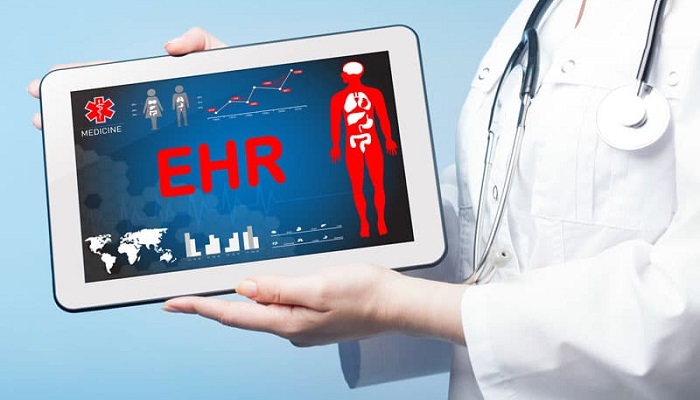It is well to be noted that in a potential big advancement when it comes to oncology treatment as well as information sharing, many leading electronic health record vendors have gone on to make a voluntary commitment so as to adopt the United States Core Data for Interoperability Plus Cancer- USCDI+ Cancer, a kind of a recommended minimum set of major cancer-related data aspects that need to be included in a patient’s EHR.
They have also gone on to pledge to support the required data elements for a new cancer care payment model which is developed by the Centers for Medicare and Medicaid Services.
Notably, the Cancer Moonshot Initiative, which happened to be first launched in 2016 and thereafter resurrected in 2022, happens to be a multipronged effort that looks forward to lowering costs as well as improving patient care and outcomes for cancer patients, and it goes on to require the EHRs to take into account interoperability along with new data standards.
As per the White House Office of Science and Technology Policy blog, in sync with the National Institutes of Health, Department of Health, and Human Services Office of the National Coordinator for Health Information Technology, CMS, as well as the Cancer Moonshot, the EHR developers group voluntarily went on to commit to adopting data elements that take into account the vital information about a person’s treatment history, disease status, as well as test results so as to improve data sharing by healthcare providers.
The administration went on to say that the adoption by Oracle Health, Epic, Meditech, Flatiron, athenahealth, ThymeCare, Ontada, and CVS Health EHRs will go on to enhance care coordination among the people facing cancer across the country, specifically in rural and underserved areas. Standardizing data all throughout the EHRs also opens up new possibilities for rapid research results as well as more effective public health interventions.
Due to the fact that the EOM data elements also go on to form the core of USCDI+ Cancer, a minimum set of key cancer-related data elements is recommended so as to be included in a patient’s EHR. The administration remarked that it is calling upon the whole healthcare ecosystem to push forward national health information exchange.
Health data as well as research have, for quite a long period of time, been trapped in silos, said former President Barack Obama in January 2016, a time when he announced the Cancer Moonshot within his final State of the Union Address and, as a matter of fact, appointed then Vice President Joe Biden to take charge of it.
At that time, he had said that only 5% of cancer patients across the U.S. went on to end up in a clinical trial.
Obama had remarked that most are not given access to their own data, and at the same time, community oncologists, who happen to treat over 75% of cancer patients, happen to be having a limited access in terms of cutting-edge research as well as advances.
That number has now gone up, as per the research that has been published in the Journal of Clinical Oncology in 2021.
Apparently by 2020, a minimum of 25.4% of adult cancer patients happened to be estimated to participate in one or more than one cancer clinical research study, said the researchers, thereby concluding that based on the enrollment data coming from the Commission on Cancer, the enrollment in cancer treatment trials happened to be 6.3%, higher as compared to the historical estimates of <5%.
As a matter of fact, now FHIR-based oncology data exchange via the EOM could enhance oncology delivery for the time to come, said Jennifer Goldsack from the Digital Medicine Society.
As per her, harnessing the power when it comes to digital innovation so as to achieve the objective of reducing cancer deaths by half becomes much more possible when data happens to be flowing.
She adds that data does not happen to live in a manilla folder within a file cabinet with either only the practice manager or probably the principal investigator of a clinical trial having access.
With the exact interoperability specifications and also privacy, security can go on to fundamentally change how one delivers healthcare, said, Goldsack.
They have been talking about learning health systems as well as precision medicine for decades, but the time now is when they can deliver.
The deputy assistant to the President for the Cancer Moonshot, Dr. Danielle Carnival, said that these commitments are not to them but to the people who happen to rely on these electronic health record systems, such as those providers as well as patients. He went on to add that they commend such a voluntary action from the leaders in the electronic health record developer community, as it goes on to help the clinicians provide enhanced treatment for people with cancer.


















